Kingdom Arts and Sciences 2018
This past weekend was Avacal’s Kingdom A&S Championship and The University of Avacal. It’s the first time the Championship has been done at its own event, and based on how many people I saw there, the event was a massive success. There were a ton of classes in 12 tracks, an A&S display area, and of course the Kingdom Arts & Sciences Championship.
There were two full entrants for the Championship, Her Ladyship Niesa Abdelmessah, and myself. It’s a difficult and stressful competition, but at the end, I felt very accomplished just for getting through the creation, documentation, display, presentation, and questioning. HL Niessa had an amazing display, and entered bone carving and hide tanning and I am in awe of her skills in that area. I entered a research paper on the history of bacon, and a beef stew that could have been prepared on board a Tudor naval ship. At court that evening it was announced that I had won both the highest single entry and the championship, and I swore fealty to Their Royal Majesties Kvigr Ivarsson and Svava Suanhuita.
Here are links to my documentation:
Pre 17th Century Bacon PDF: Pre-17c Bacon
Stew On Board Ship PDF: Stew on Ship
The rest of the post is fairly photo heavy.
(more…)
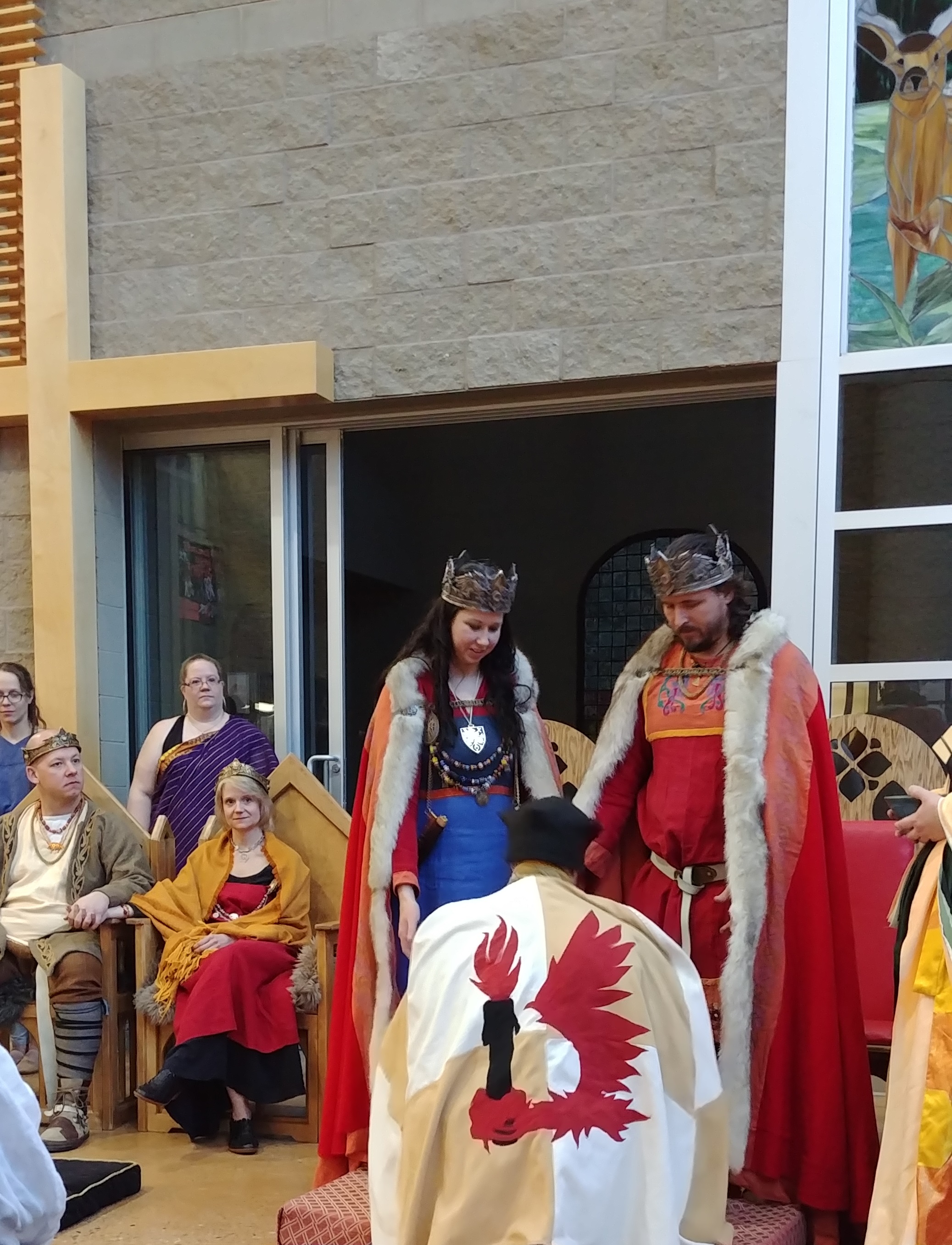
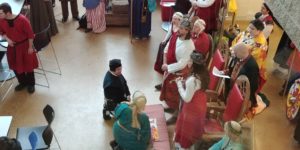
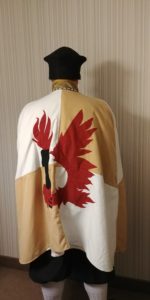

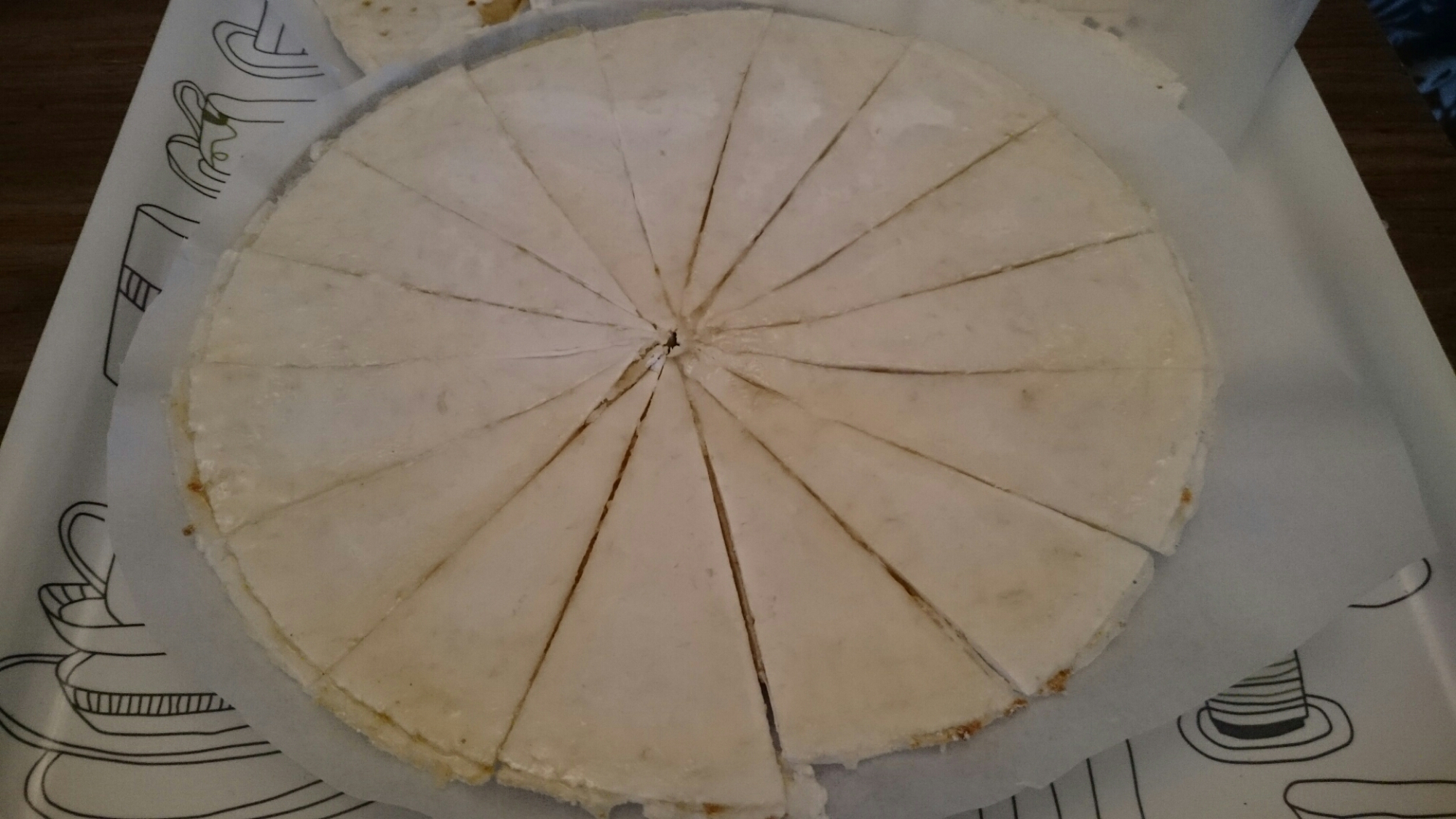
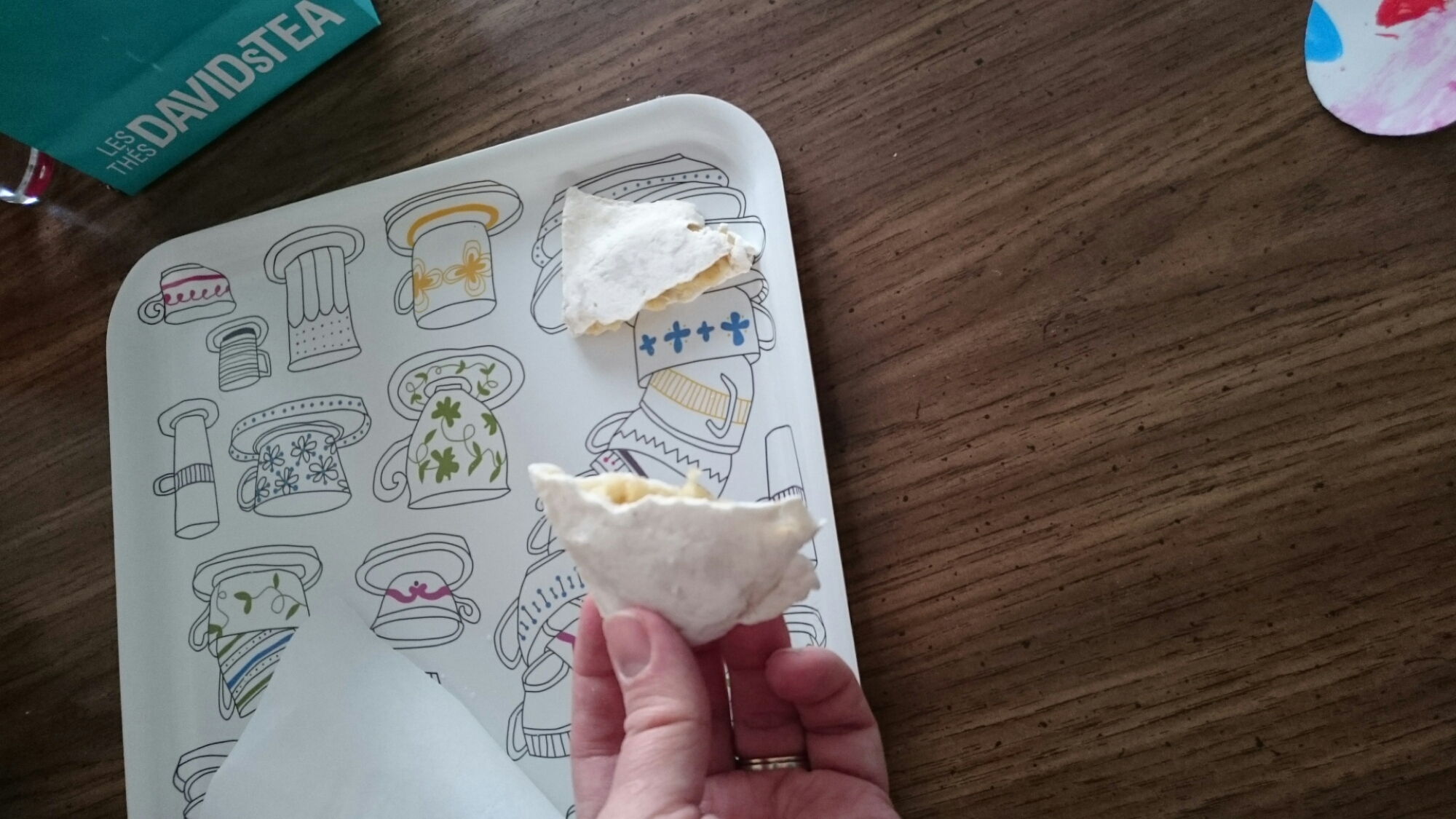
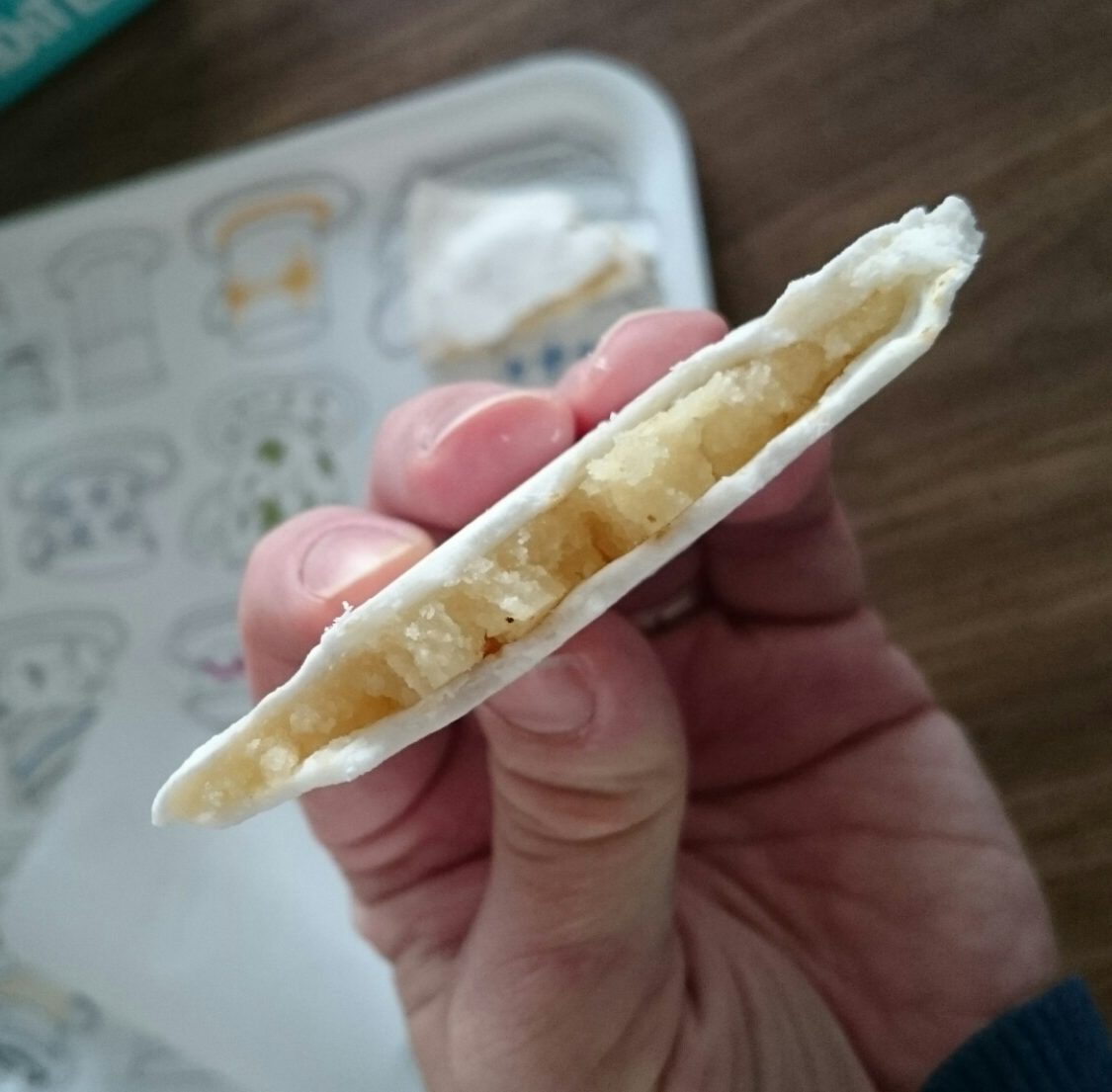
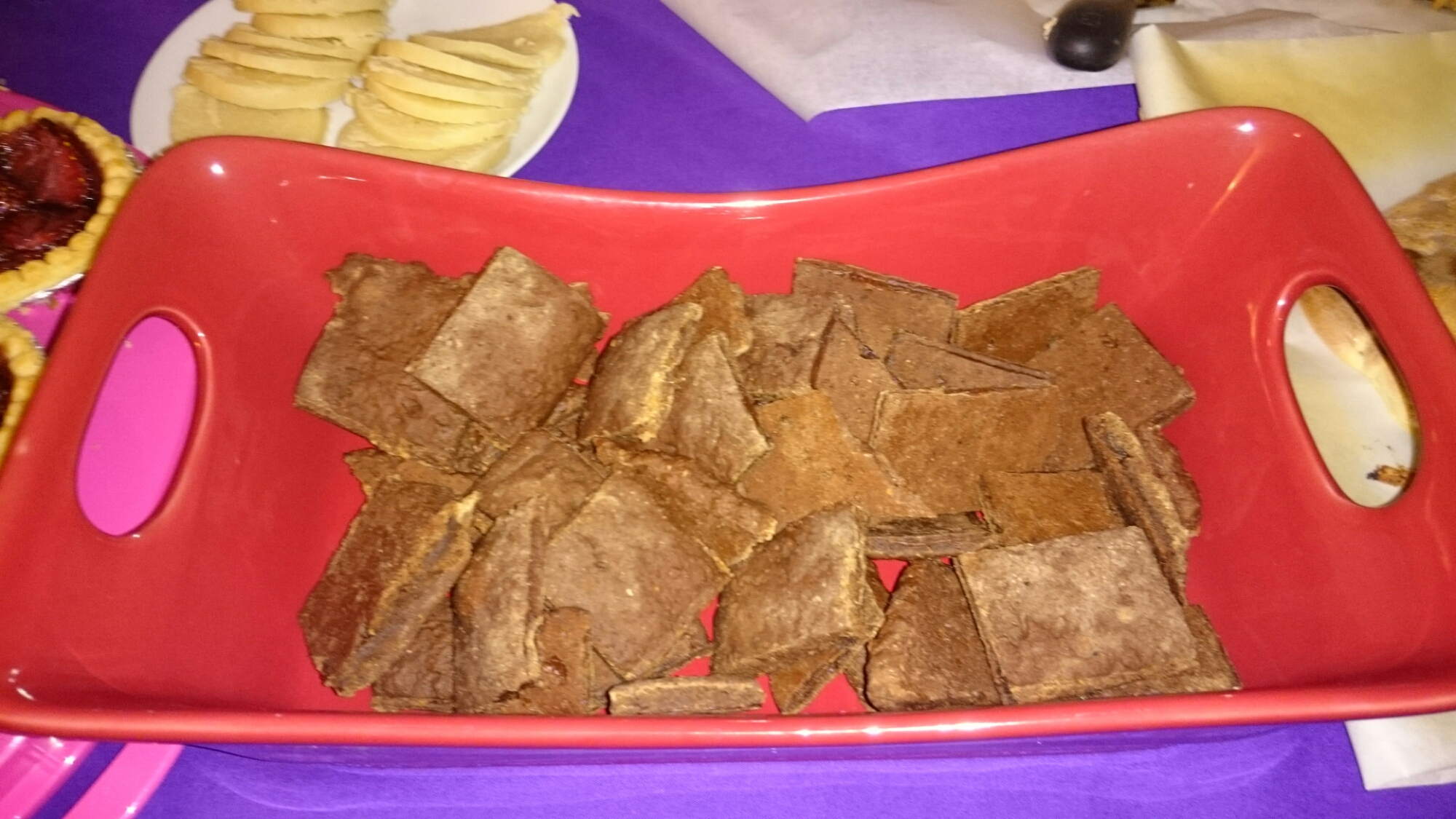
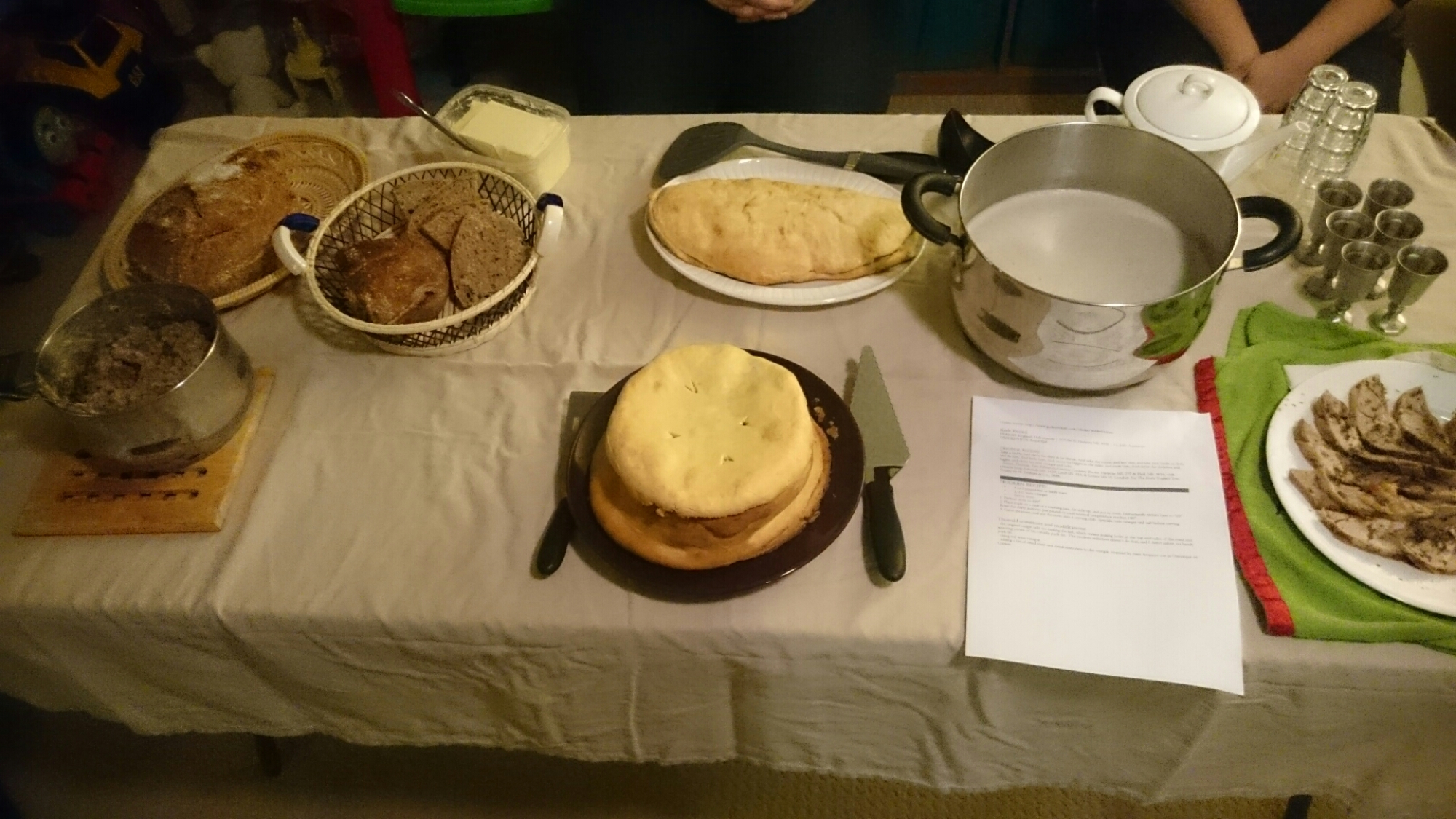
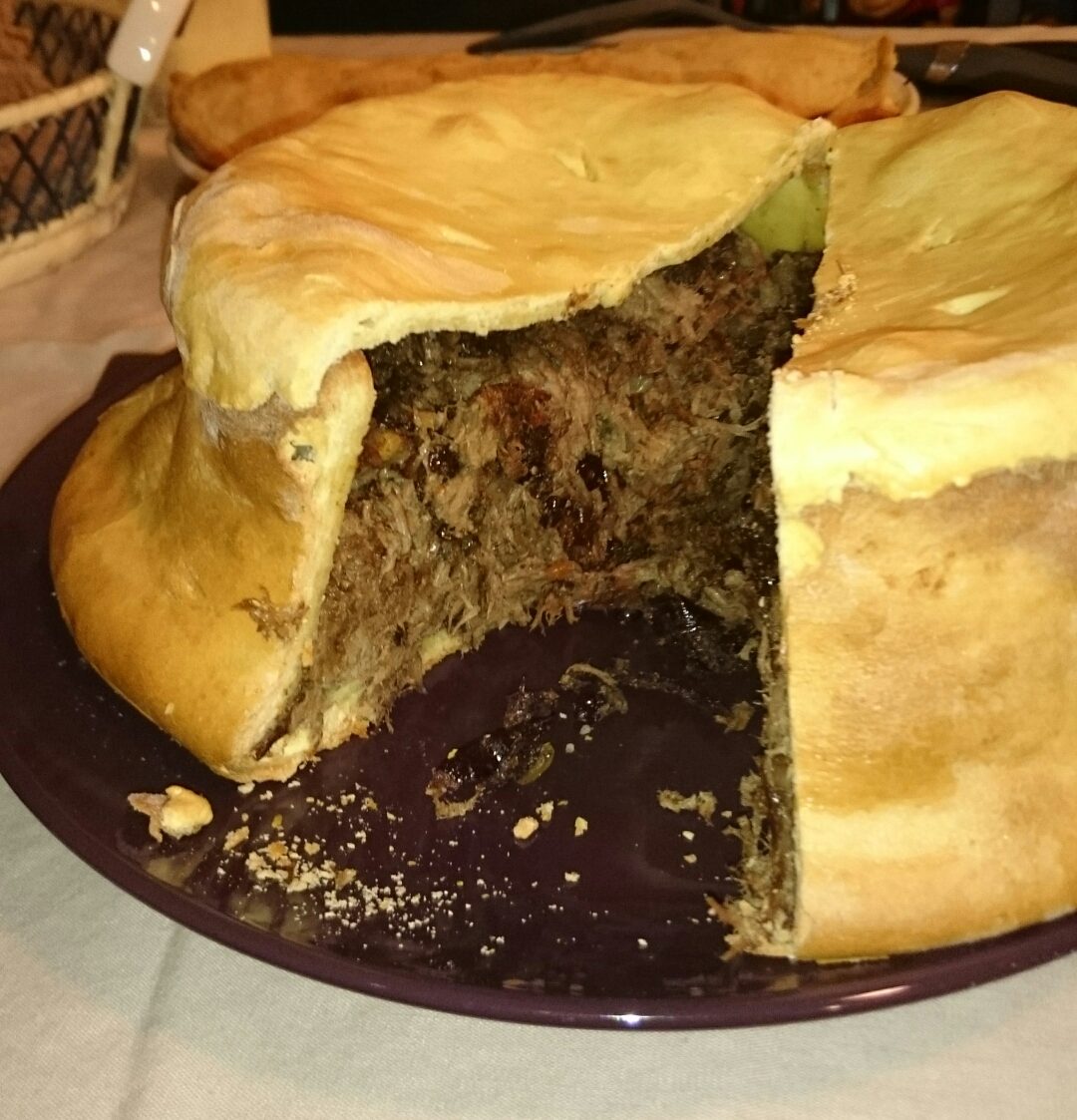
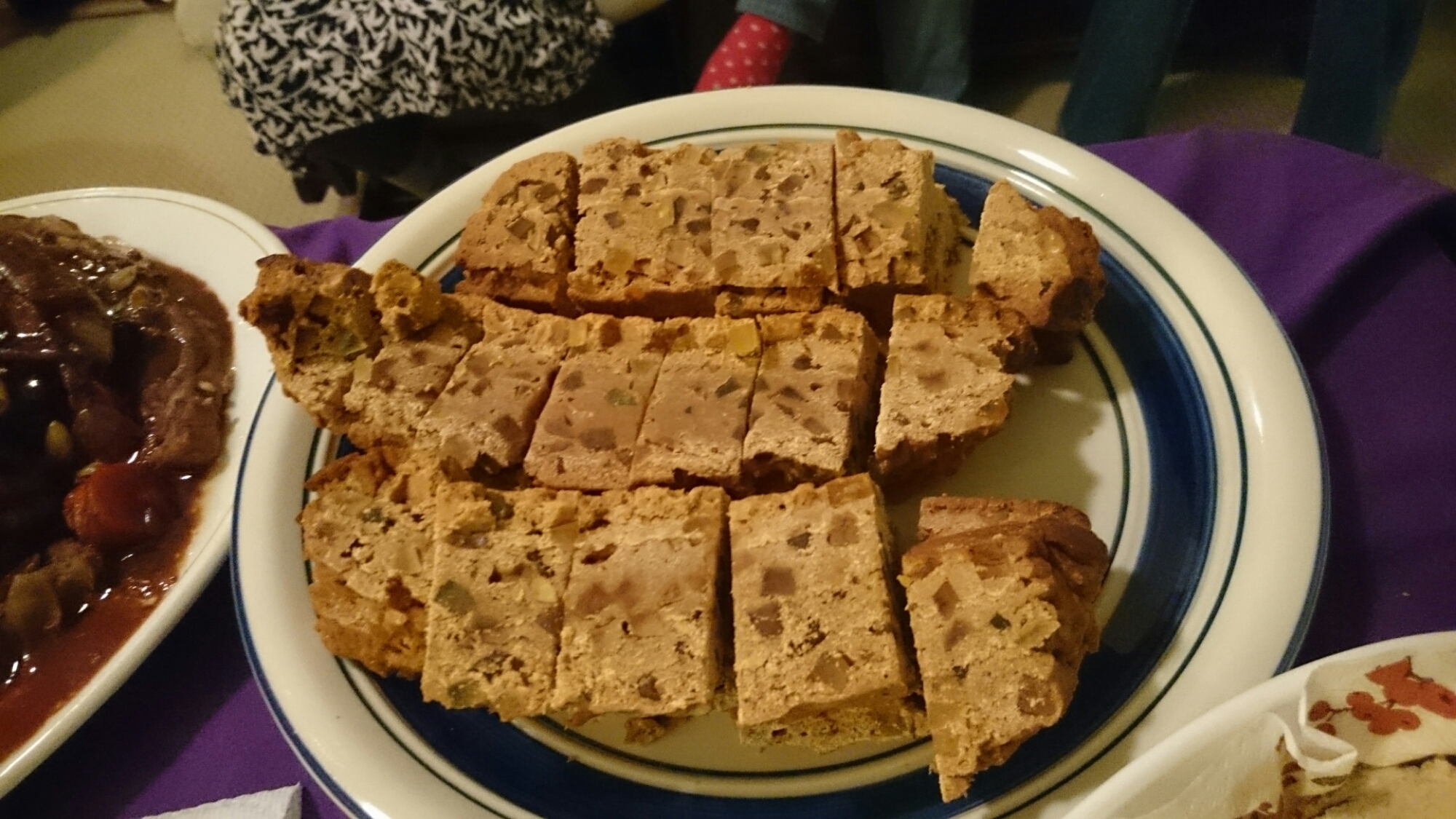
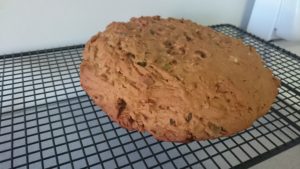
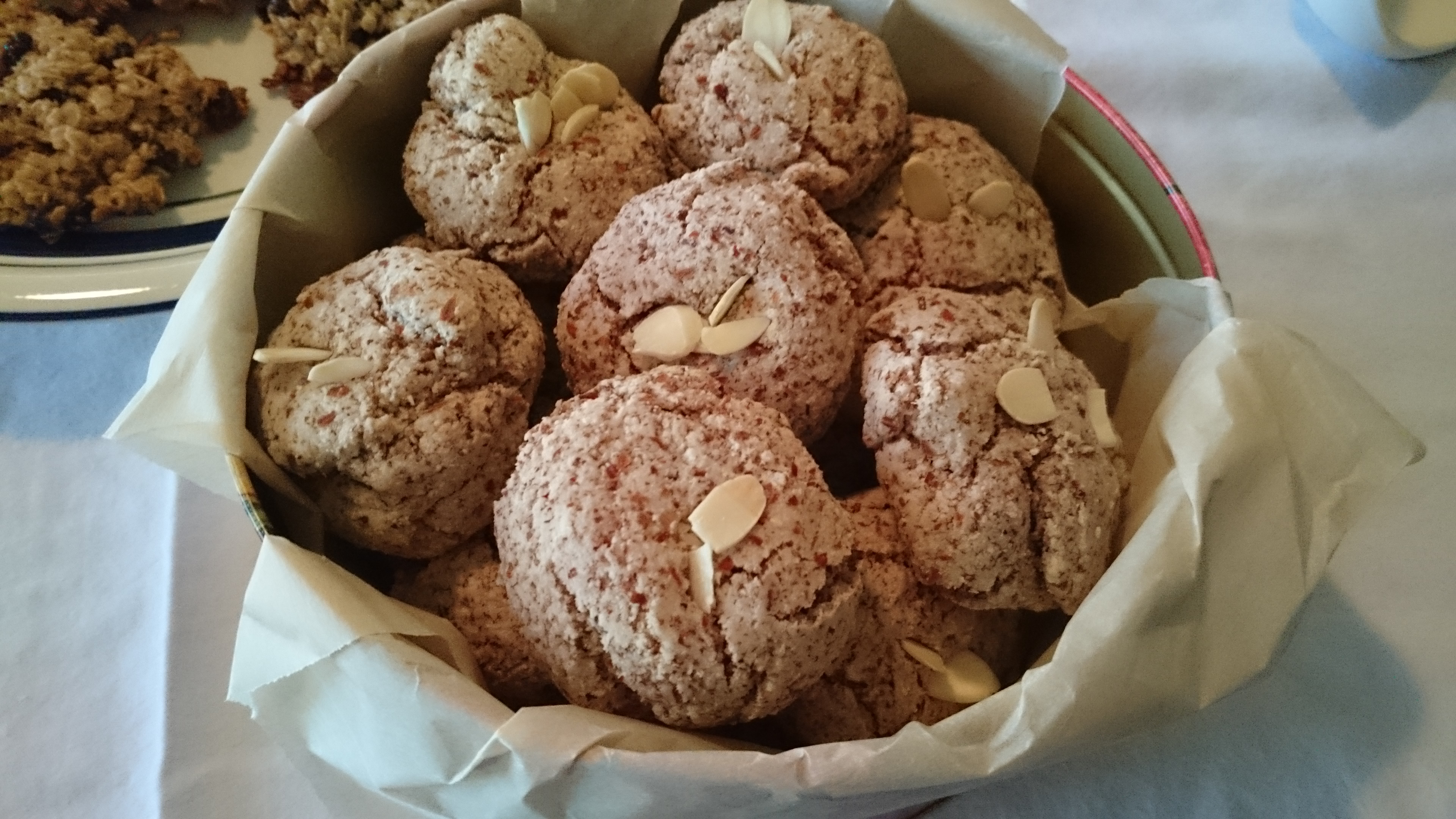
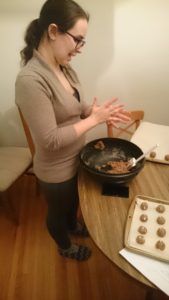
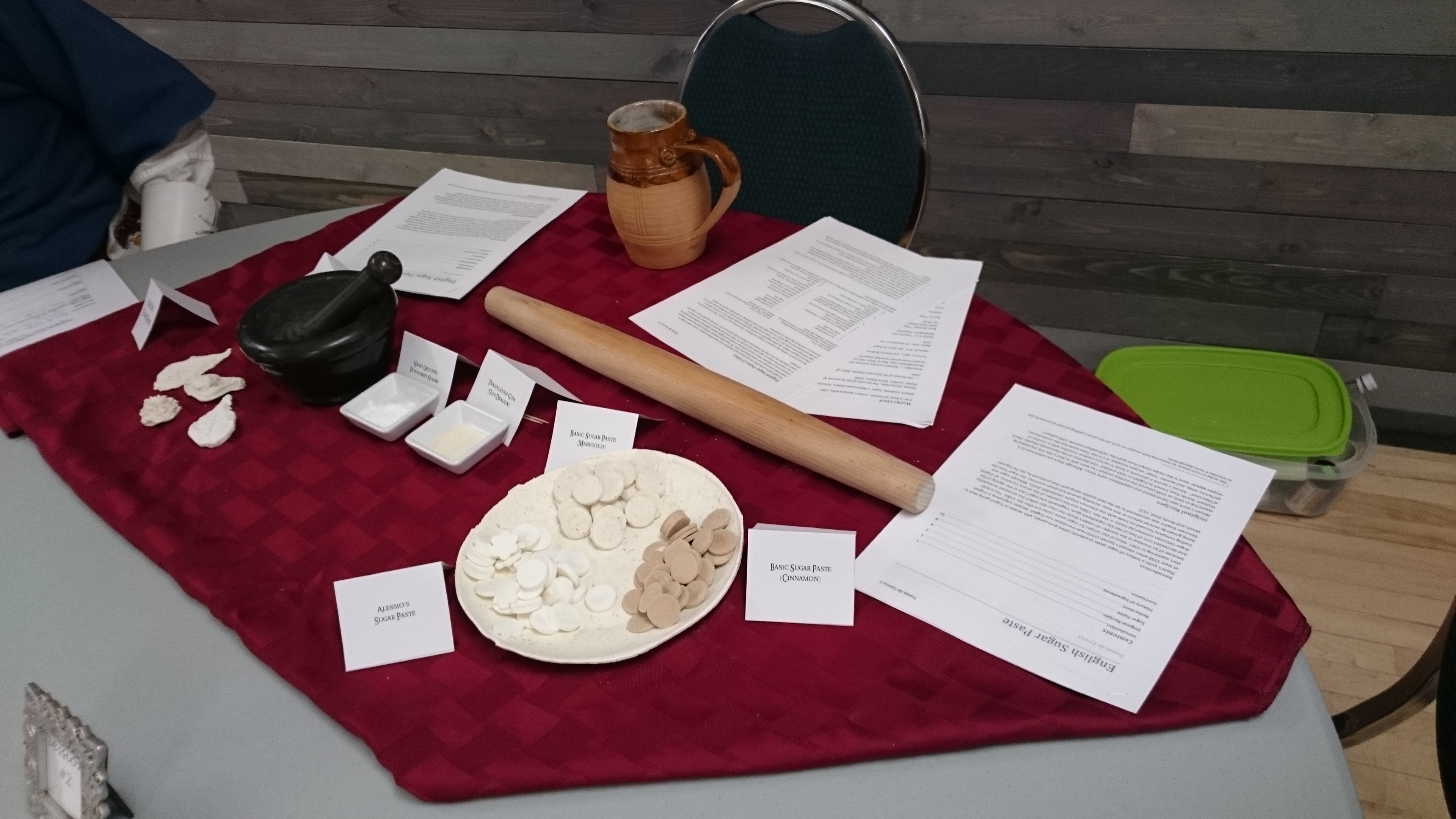
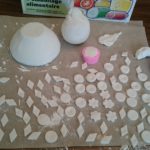
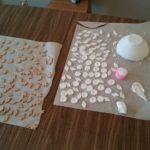
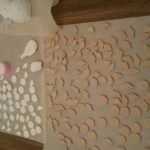
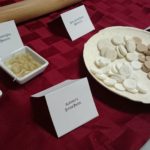
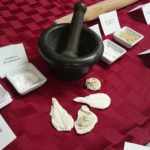
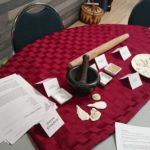
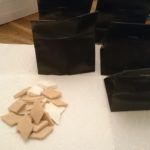
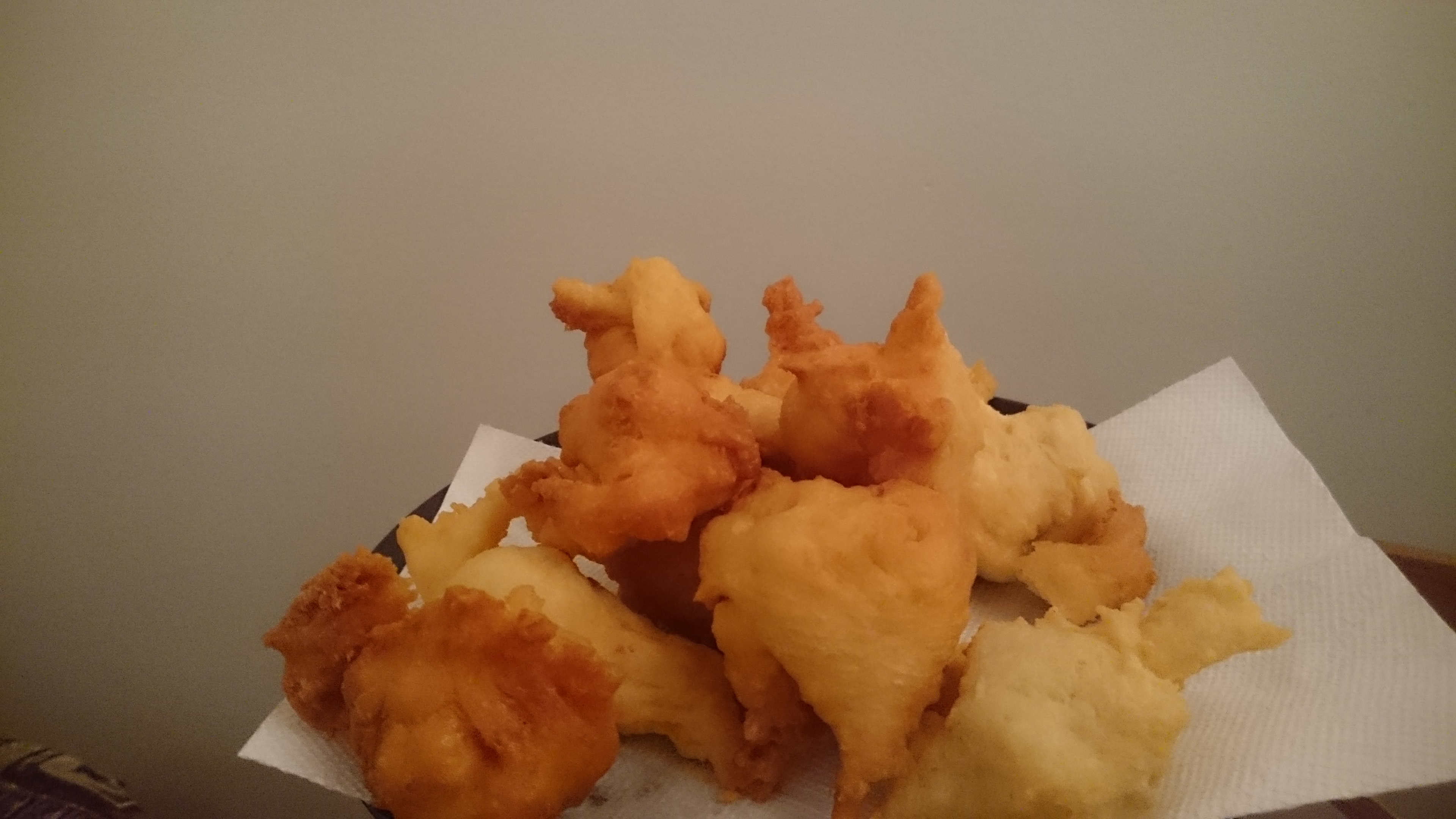
You must be logged in to post a comment.